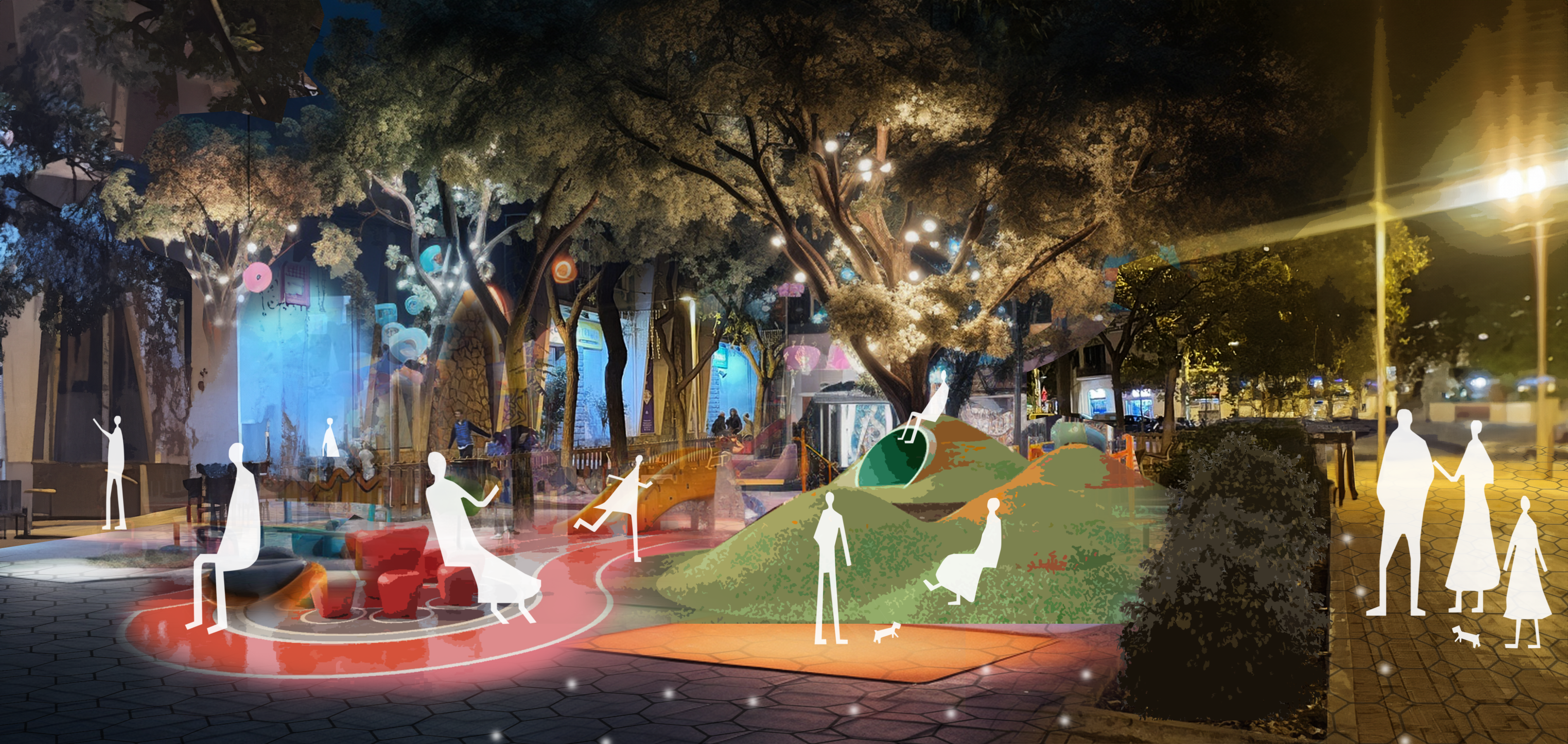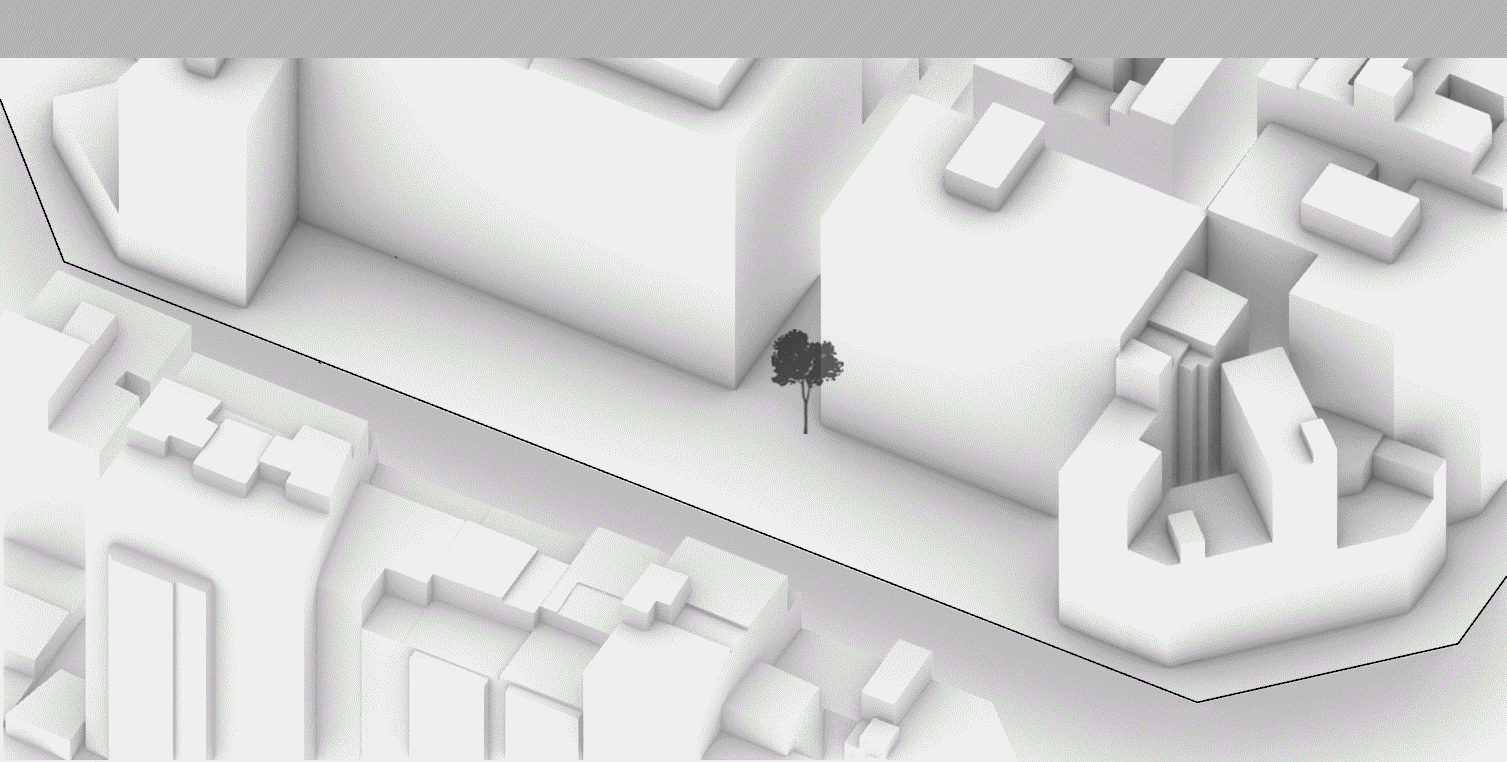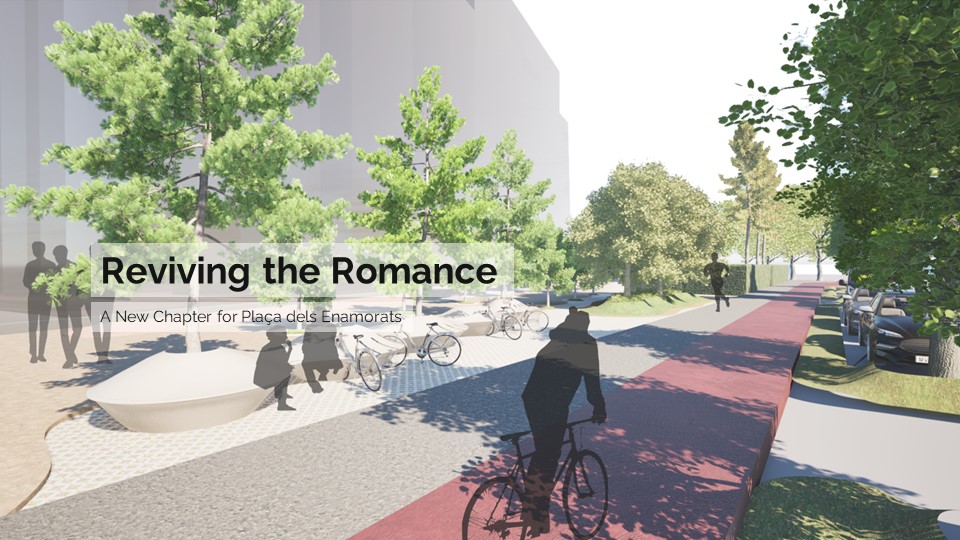LighTopia: Light up community space with participatory design
LighTopia, a transformative project where the community plays a pivotal role in shaping their public space through the lens of participatory design. In this immersive journey, we invite you to explore our comprehensive methodology, emphasizing collaboration, empathy, and the dynamic synergy between community insights and innovative design. 1. Site Context and Data Analysis: Our journey … Read more






